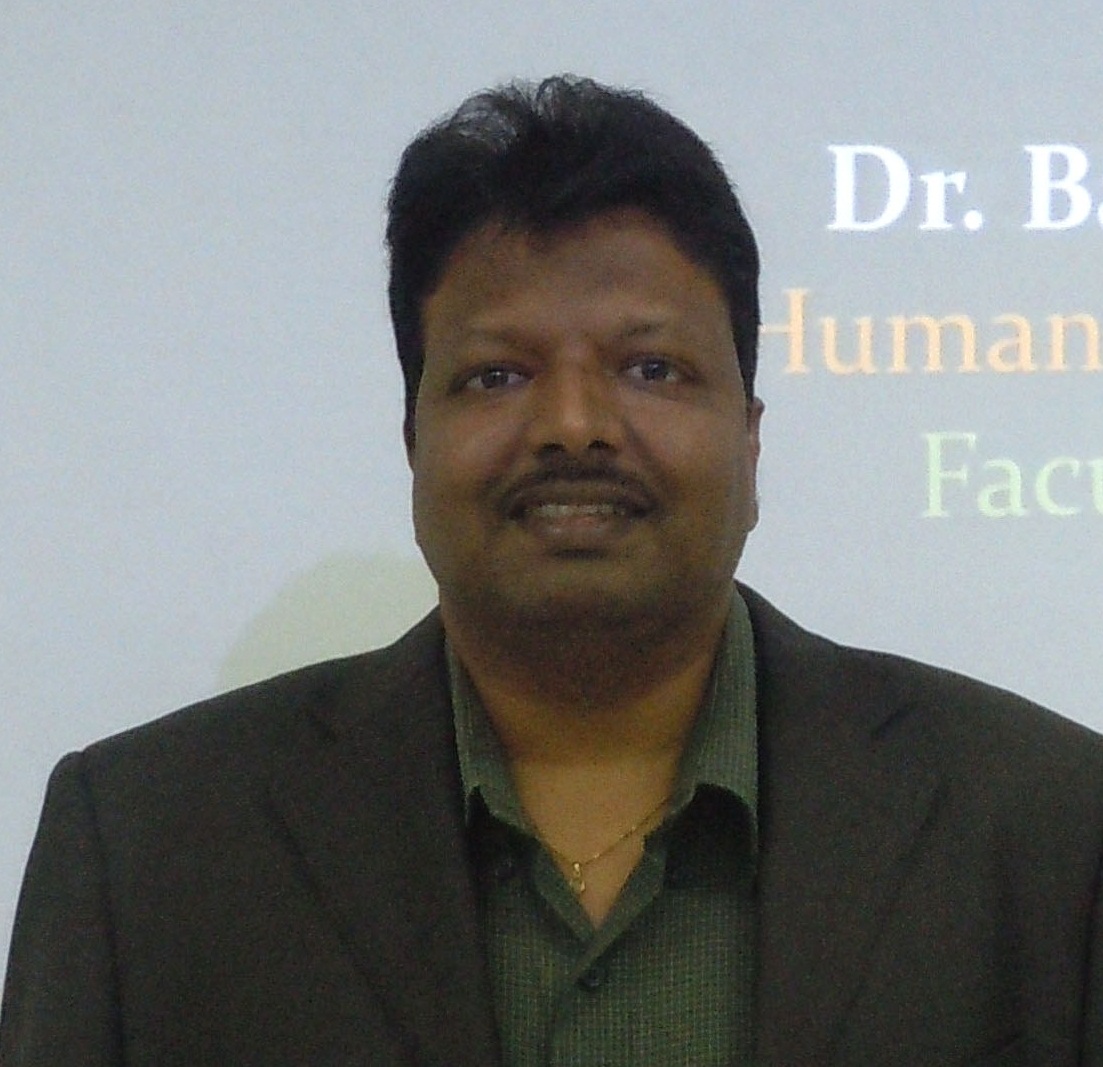KUCHING – Existing laws in the country is more protective of the employee and limits the grounds on which an employer may terminate the services of an employee, said a senior academic who specialises in human resource issues.
Dr Balakrishnan Muniapan from the Faculty of Business and Design at Swinburne University of Technology Sarawak Campus said that as provided under Section 20 of the Industrial Relations Act 1967 (IRA 1967), employment laws in the country are generally supportive of an employee’s security of tenure.
“Therefore, the right of employers to terminate the services of employees may be restrictive,” said Balakrishnan when speaking at a knowledge sharing session entitled Managing Employment Separation at Swinburne Sarawak, recently.
“Although Section 13(3) of the IRA 1967 offers employers the prerogatives on termination and dismissal, many employers are themselves still unaware that they may not have the absolute right to terminate the services of an employee,” he said.
Industrial relations statistics in the past five years showed that most cases of dismissals referred to industrial tribunals were not justified, Balakrishnan said.
“Total compensation exceeding RM25 million were awarded to employees and many of the cases were judged as unfair dismissals,” he said.
However, despite these provisions, Balakrishnan said many employees are also not aware of their legal rights as provided in Section 20 of the IRA 1967.
He also provided an overview of the various types of employment separation, termination and dismissal including retirement, resignation, breach of contract, non-confirmation of a probationer, termination due to absenteeism, ending of fixed term contracts, frustration of contract, dismissing poor performers, dismissal due to misconduct and constructive dismissal.
Saying that termination and dismissal should be avoided at all cost, he added that organisations must be proactive in driving employee commitment instead of managing separation, such as getting the right people for the job, at the right time, at the right pay and right motivation, having an effective performance management system and preventing misconduct from taking place.
Among the cases discussed was the recent retrenchment of more than 800 staff by a global electronic manufacturer in Kuching.
The knowledge sharing session was organised by the Human Resources Interest Group of the Faculty of Business and Design in support of research and training in the field of sustainable human resource management.
Also on the panel were Ng Kam Loong, the Director of Human Resources from X-FAB Sarawak Sdn Bhd, and Dr Ho Chye Kok, a human resource practitioner and a senior academic at Swinburne Sarawak.
More than 35 people from academia and the human resource industry attended the event.


